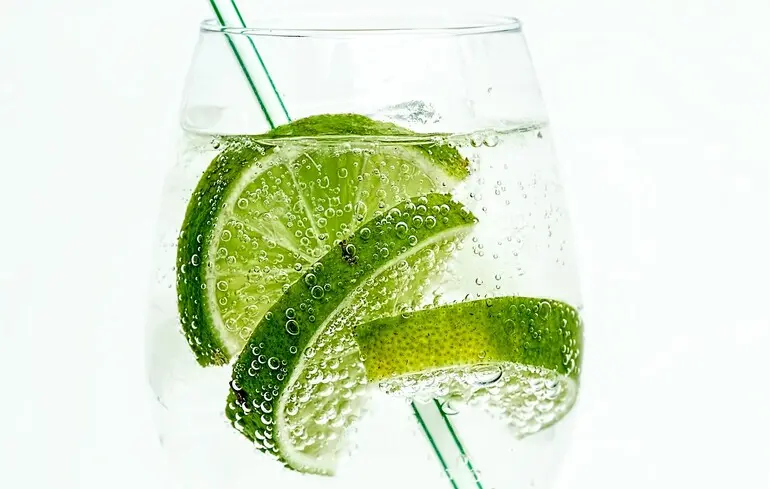Health Risks for the Liver: How Sugary and Diet Sodas Threaten Your Well-being

A groundbreaking study presented at UEG Week 2025 in Berlin sheds light on a pressing modern health issue—the impact of regular consumption of sugary and diet soft drinks on liver health.
Researchers conducted an extensive analysis involving over 120,000 participants from the UK Biobank, none of whom initially displayed signs of liver disease.
Over more than ten years, participants completed daily dietary questionnaires detailing their beverage intake and frequency.
The findings revealed that habitual consumption of sweetened and diet sodas significantly increases the risk of developing Metabolic Dysfunction-Associated Steatotic Liver Disease (MASLD), one of the most widespread health concerns globally.
This condition is characterized by fat accumulation in the liver of individuals without alcohol abuse, but it can progress to inflammation, cirrhosis, or liver cancer.
The study estimates that about one-third of the global population already shows signs of MASLD, with cases continually rising.
The data showed that regular intake of sugary or low-calorie/altered sweetened beverages raised the risk of MASLD by 50–60%.
Throughout the observation period, 1,178 participants developed the disease, and 108 died from liver-related complications.
Experts highlight that even moderate consumption—such as one can per day—substantially elevates the likelihood of liver damage.
Lead researcher Lihe Liu, a doctoral student at the First Affiliated Hospital of Soochow University in China, explains that sugar in regular drinks causes rapid increases in glucose and insulin levels, fostering fat buildup in the liver.
Artificial sweeteners, on the other hand, may disrupt gut microbiota, reduce satiety, stimulate cravings for sweets, and trigger additional insulin release.
Health professionals emphasize that replacing these drinks with water drastically reduces risks—by 12.8% for sugary beverages and 15.2% for diet options.
Switching from one type of sweetened drink to another does not mitigate health hazards.
Liu concludes, “Water remains the safest choice.
It does not impose metabolic load, does not contribute to fat buildup in the liver, and is the best way to maintain overall health.” Experts such as Stanford University gastroenterologist Sajid Jallil confirm that these findings are robust, supported by a large sample size and validated diagnostic methods.
Previously, research has shown that daily intake of up to two liters of artificially sweetened beverages increases the risk of atrial fibrillation—arrhythmia that complicates life for millions.
Natural fruit juices, in contrast, may even reduce this risk.
Overall, the study underscores how our daily drinking habits influence long-term health and highlights the importance of choosing safe, wholesome beverages to prevent serious liver and metabolic diseases.

